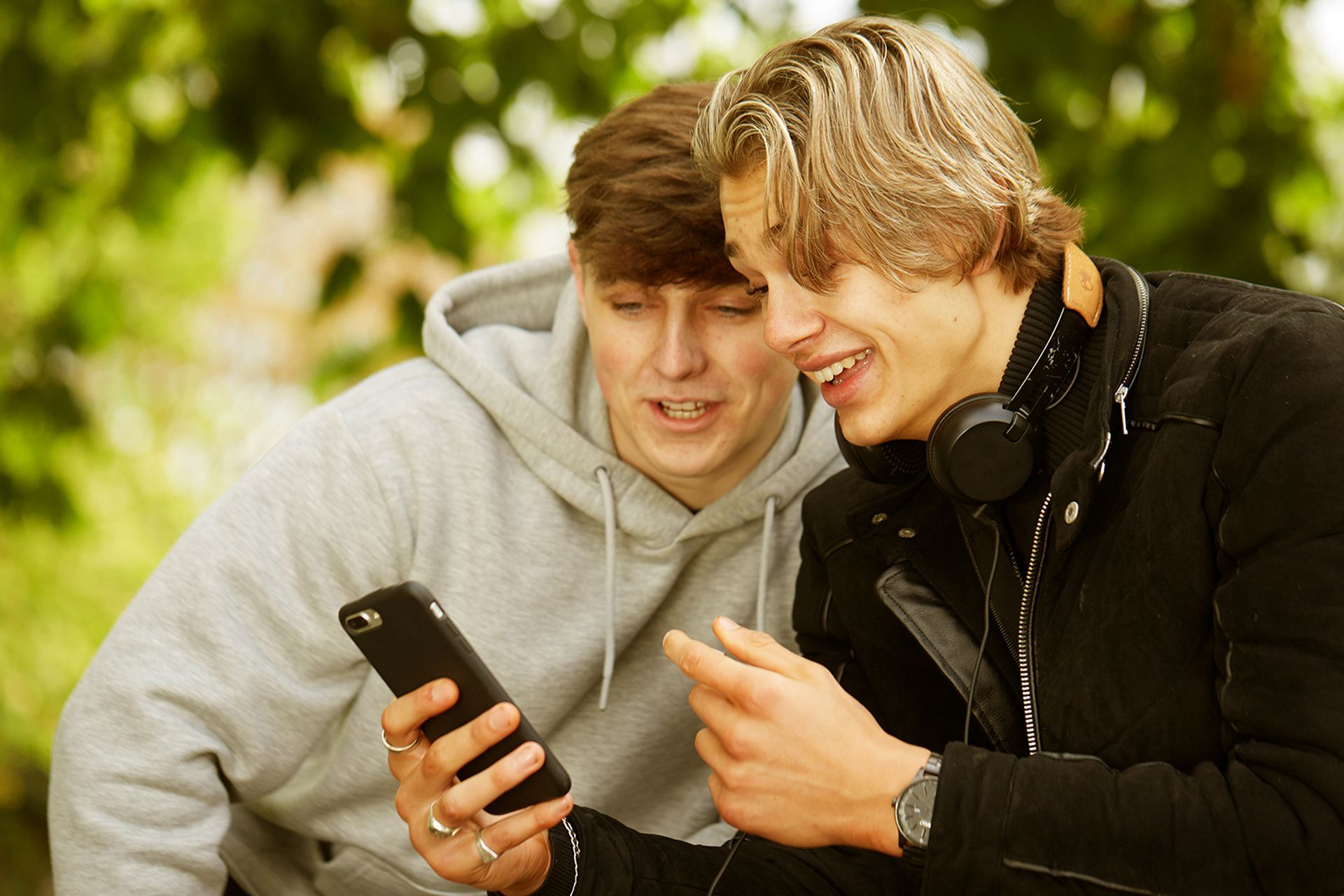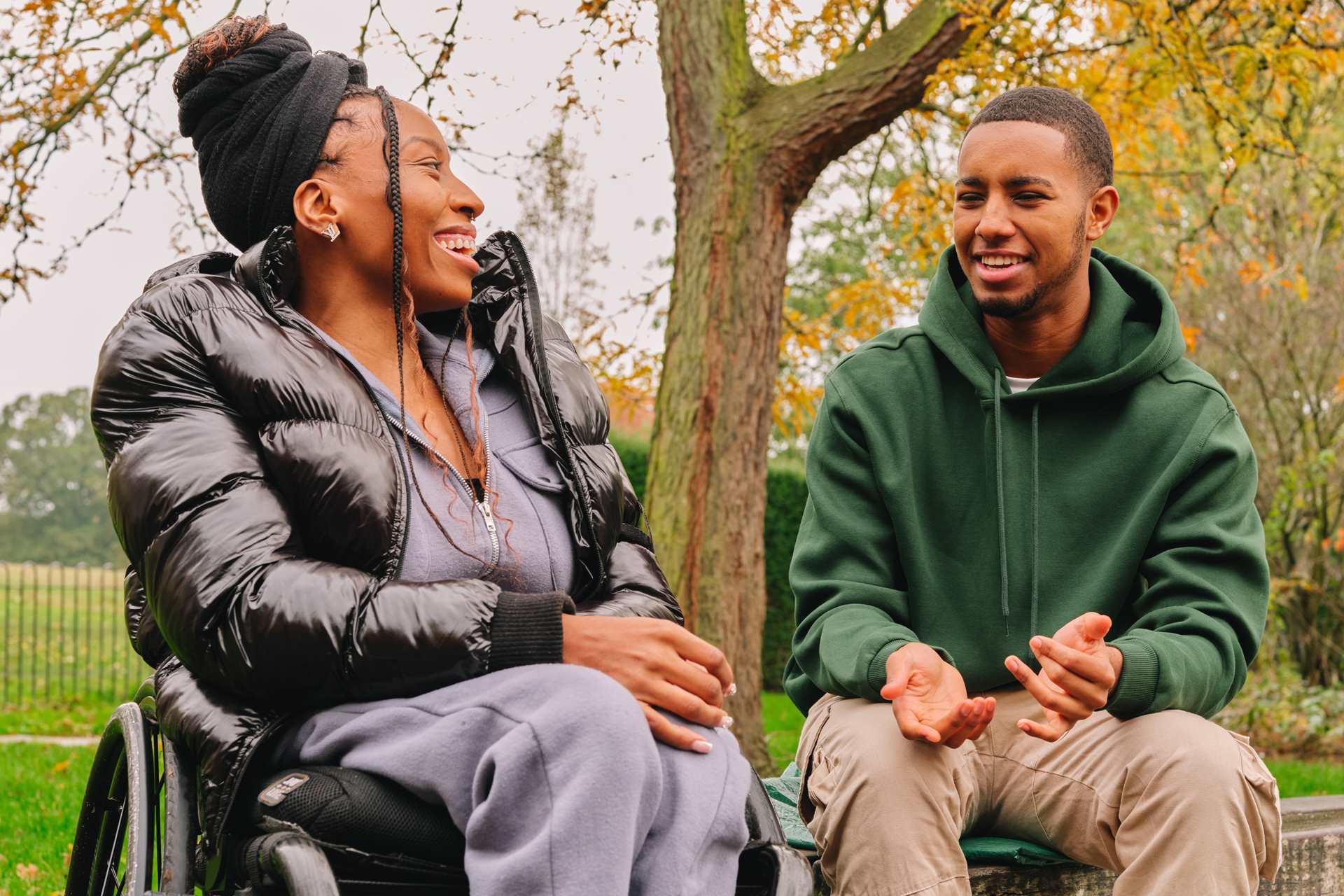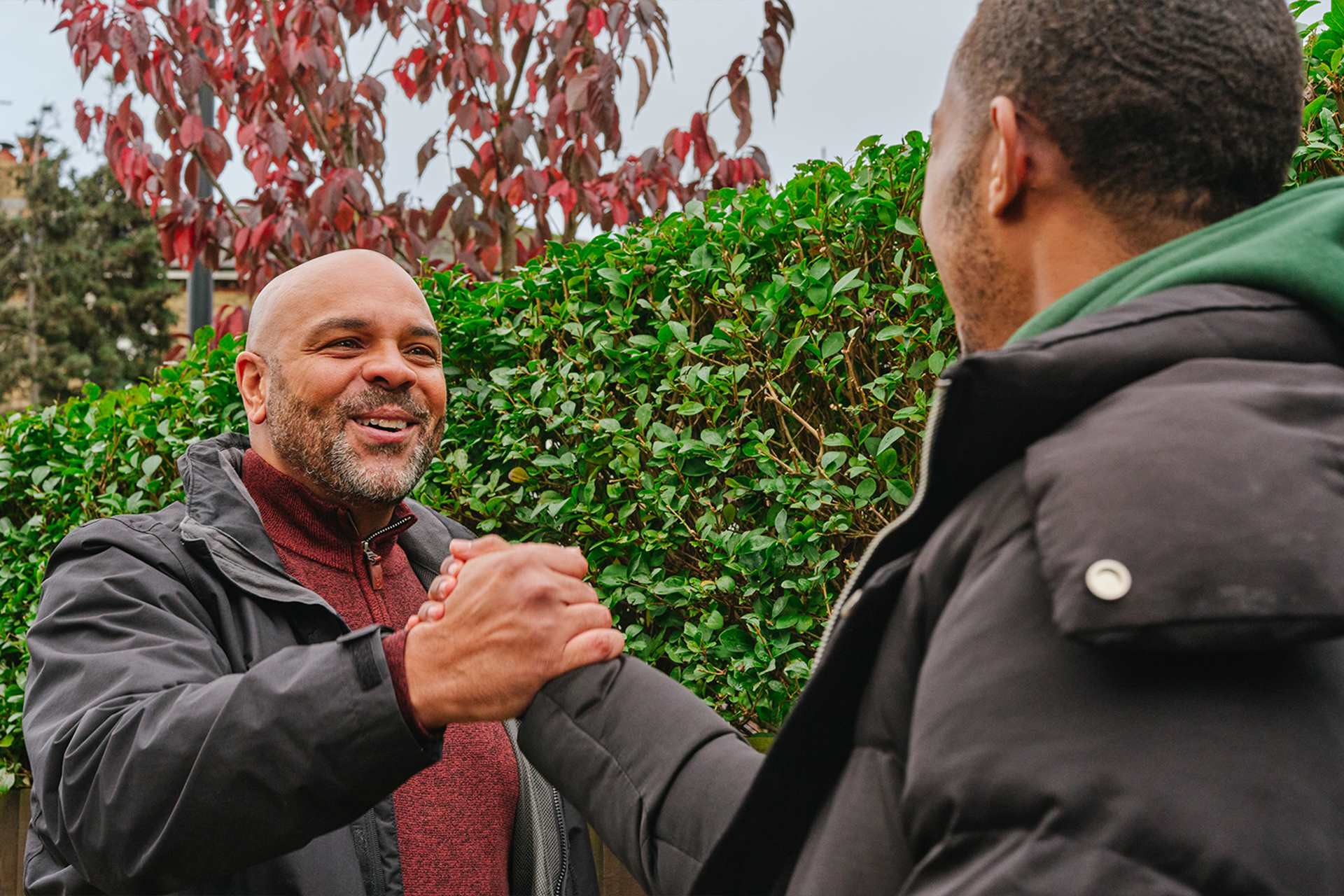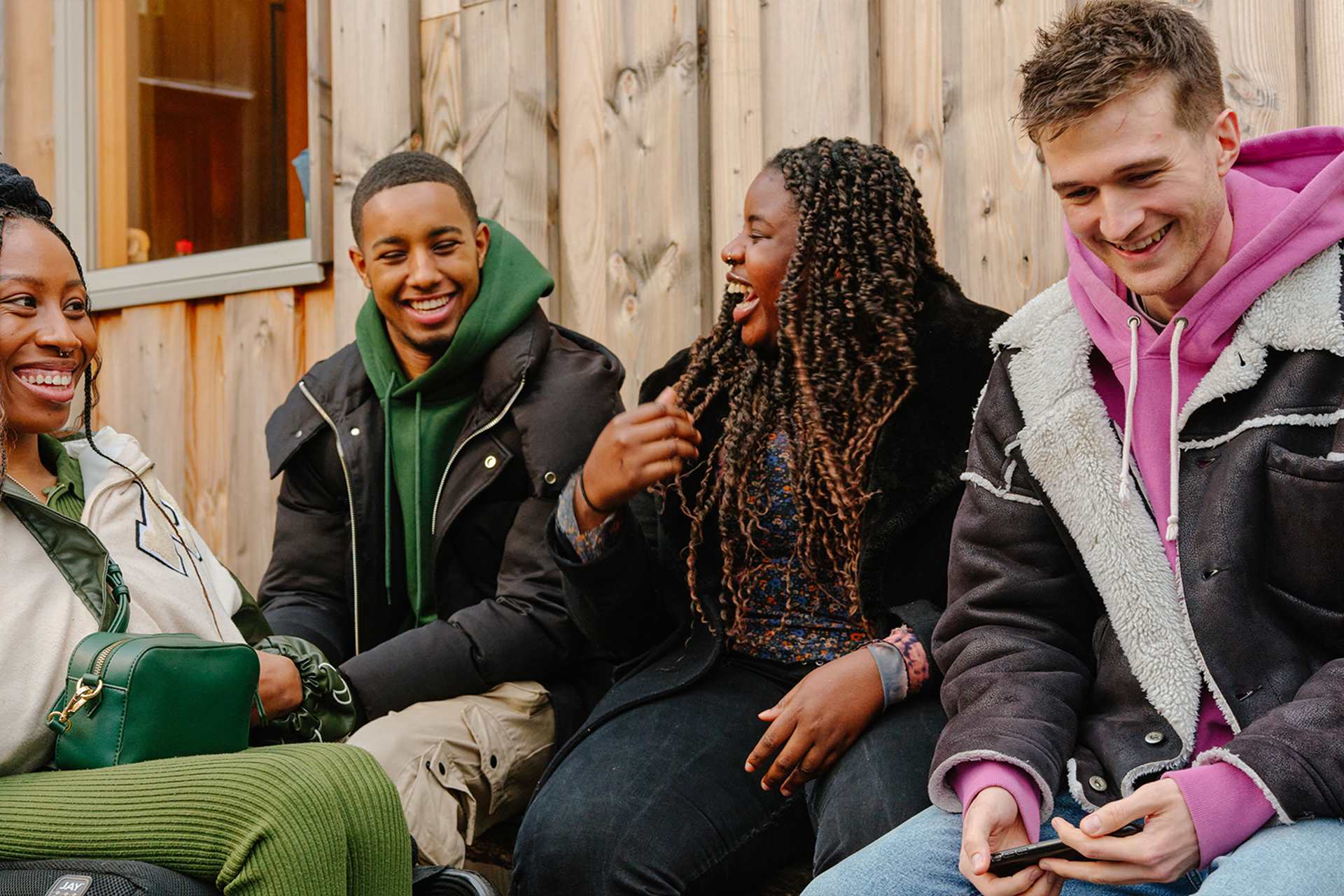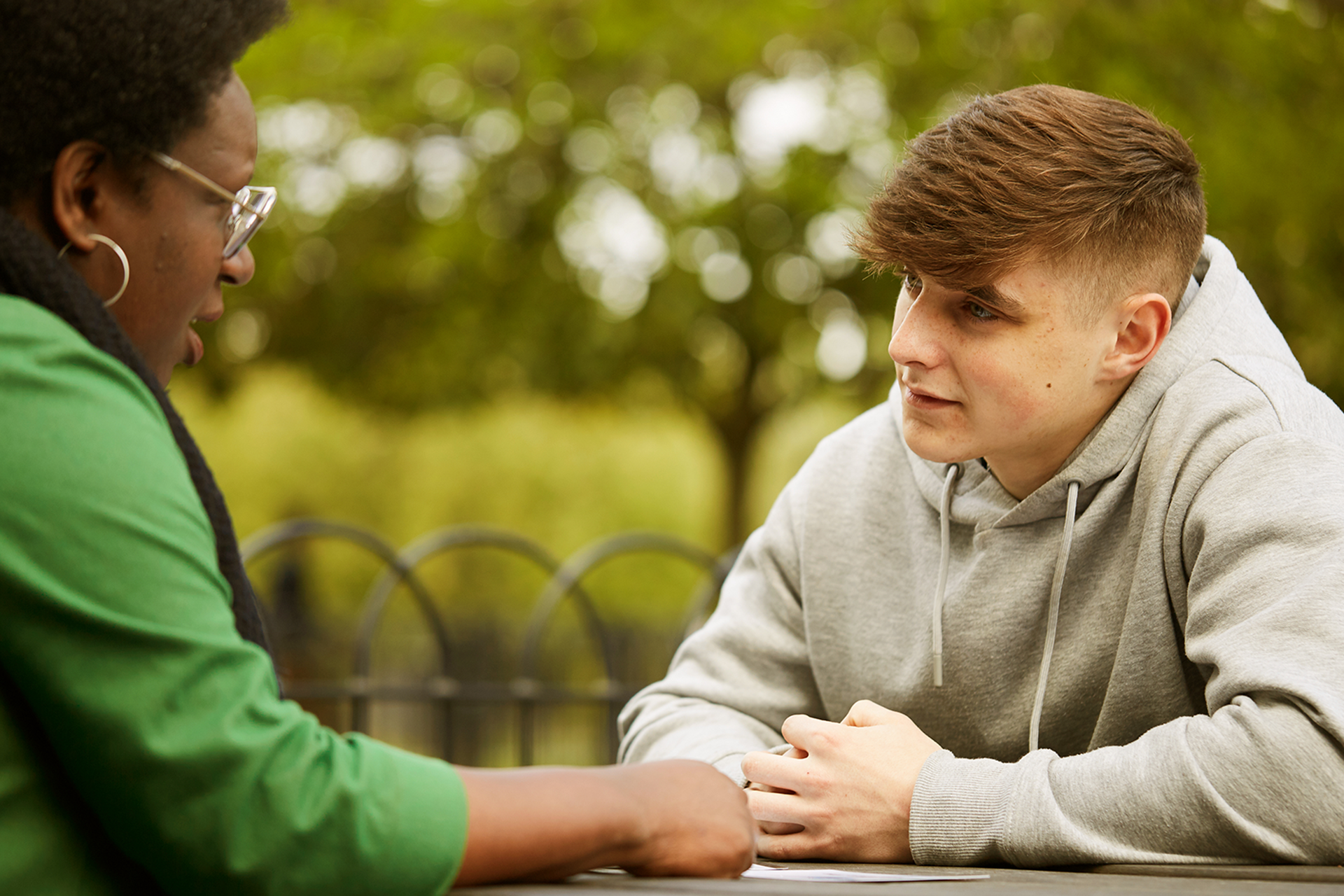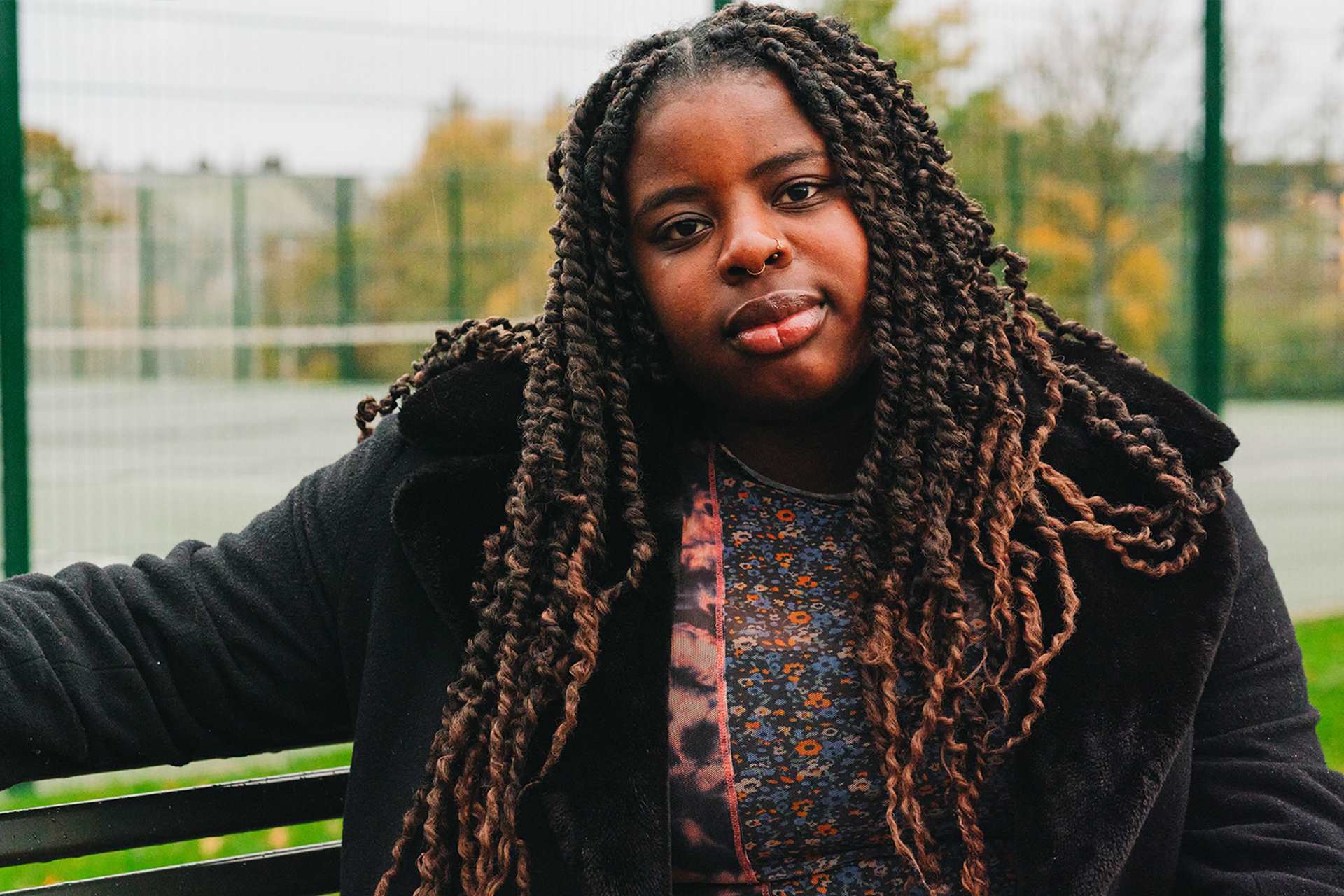A drug is any chemical you put in your body – like pills, liquids or powders – that change the way you think, feel and act. This includes alcohol.
Drugs can be legal, like your regular painkillers. But when we say ‘drugs’, we usually mean illegal drugs or drugs people take for fun and not for any medical reason. You might hear them be called “recreational drugs”.
There are loads of reasons.
It could be to fit in, appear popular or because of peer pressure. Some people are curious to know what it feels like. Some like how it makes them feel more confident, or it might help them forget difficult thoughts or feelings.
Whatever the reason, taking drugs and drinking alcohol doesn’t make you a bad person. But there are laws in place, and drugs and alcohol can have a negative effect on your mind and body. So, we’re here to help you know the facts and be aware of the risks.
What are the laws around drugs and alcohol?
Recreational drugs (drugs that people take for non-medical purposes) fit into three main groups:
-
Legal – like alcohol and nicotine (cigarettes or vapes)
You’re allowed to buy these, but there are some laws. You have to be 18 or over to buy alcohol, cigarettes or vapes. If you’re 16 or 17 and out with an adult, you can drink (but not buy) beer, wine or cider with a meal.
-
Illegal – like cocaine and heroin
These are against the law to have, use or give to other people.
-
Controlled – like diazepam or methylphenidate
These drugs are used in medicine and need a doctor’s prescription. They’re illegal to have or use if you don’t have a prescription. It’s illegal to give or sell controlled drugs to anybody else. Your doctor should tell you if they prescribe you a controlled drug.
If you’re taking illegal drugs, remember it can lead to a criminal record. This can affect your future, like getting a job. And if you’re under 18, keep in mind it’s illegal to buy (or try to buy) alcohol, or to drink alcohol in places like restaurants, pubs, bars and clubs without an adult.
You can find out more on the Government’s website:
When you talk to a doctor or any healthcare professional, it’s all confidential. This means they’ll only tell others if you agree to it, or if they think you’re in danger of harming yourself or others. But they’ll always try to let you know first.
But if you’re under 16 and they think you’re being abused or that you’re in danger, they have to report that.
If you tell them that you’ve chosen to take drugs or drink alcohol underage, they will not report you to the police . In fact, if you’re worried about drugs, tell your doctor. They’re there to help, not get you in trouble.
How can drugs and alcohol affect my mental health?
Drugs and alcohol can affect your mental health in different ways. It can depend on a few things, like what you’ve taken, how much and how often. It can also depend on how you’re feeling at the time and the environment you’ve taken it in.
When you’re still feeling the effects of alcohol or drugs, you might feel pumped, relaxed or like it’s really easy to socialise and talk to people. Or you might feel low, anxious, impulsive, or paranoid.
Even after the affects wear off, drugs and alcohol can carry on affecting your mental health. You might feel down, anxious, paranoid, or spaced out.
Some people take drugs and drink alcohol to help them in the moment, like feeling more relaxed, outgoing and sociable. Or to help with anxiety. But relying on it to feel better can have bad long-term effects. You might start feeling like you can’t cope without drugs, but they can make feelings like anxiety or depression worse once the effects have worn off.
They can also impact your physical health.
If anxiety is getting you down, it’s better get help and find healthier ways to cope in the short and the long term.
For advice on coping with anxiety, have a look at our guide.
Using drugs and alcohol long-term can make any mental health problem worse. It could even lead to new mental health problems. One example of this is that regularly using cannabis has been linked to developing psychosis.
And if you feel like drugs are taking over your life – like you’re hiding it from your friends and family or drugs are all you think about – you might be getting addicted. If you’re struggling with addiction, you’re likely to struggle with your mental health too.
How to tell if you have a problem with drugs or alcohol
It’s tough to notice when you have a problem with drugs and alcohol, because it can get worse slowly over time. But here are some things to look out for:
This is me trying
This is me trying is a short film about mental health, addiction and the Muslim community.
It follows Asma, a young Muslim woman from Bradford, whose mental health struggles are dismissed as having "low imaan" (faith). Like many others, she turns to substances to cope.
The film was made to help start honest conversations about how addiction and mental health are often misunderstood or ignored in some communities – and to show that things can change.
What to do if you're struggling with drugs or alcohol
If you’re stressing about your drug or alcohol use, there are people who can help you. Talk to someone you trust – friends, family, teachers or a counsellor.
If drugs or alcohol are messing with your daily life, see your GP. It might feel scary, but it’s the first step to getting help, and your doctor won’t judge you.
Quitting drugs or drinking alcohol might seem impossible, but with the right help, you can live a happy life without drugs or alcohol.
Dealing with peer pressure around drugs and alcohol
Sometimes we feel pressured to do things we don’t want to, just because everyone else is. That’s called peer pressure. It can make you feel scared, alone, and like you need to explain yourself otherwise people will make fun of you.
But remember, when it comes to drugs and alcohol, it’s your call and no one else’s. Saying no isn’t easy, but good friends will never force you to do things you don’t want to.
Frank have ten tips for dealing with peer pressure and Childline have a guide to being assertive, which you might also find helpful when you want to say no but you're not sure how.
Real stories about dealing with peer pressure
Helping a friend who you think may have a drink or drug problem
It can be tough to know what to do if you’re worried about your friend’s drinking or drug use. You might worry that they’ll get angry if you tell someone, or start hiding their drink or drug use from you. Or that keeping quiet will only let their problem might get worse.
The best move is to let them know that you’re there – no judgement, just support as their friend, and they can talk to you if they want to . But you can also be honest about your worries and how it’s affecting you or your friendship.
But if that conversation feels too hard, that’s okay. It’s not your job to fix things. You can suggest they use one of the helplines at the bottom of this page. And don’t forget, you can ask for support from an adult you trust. They don’t need to know their name, but if you think they may be in danger, then it’s a good idea to tell them who your friend is.
You can let your friend know before you talk to an adult and let them know why. They might not get it at first, but they’ll come around. They’ll soon see that it’s because you care.
Get help now
See below for a list of organisations and helpline services that can offer you further support.
-
Frank
Provides honest information about drugs and alcohol.
Live chat service also available (2pm - 6pm, 7 days a week).
Find information on accessibility, confidentiality and cost.
- Opening times:
- 24/7
-
Childline
If you’re under 19 you can confidentially call, chat online or email about any problem big or small.
Sign up for a free Childline locker (real name or email address not needed) to use their free 1-2-1 counsellor chat and email support service.
Can provide a BSL interpreter if you are deaf or hearing-impaired.
Hosts online message boards where you can share your experiences, have fun and get support from other young people in similar situations.
- Opening times:
- 24/7
-
Drink Aware
Provide support, information and advice about the impact of alcohol on you, your family or friends.
Free webchat service available (hours vary).
- Opening times:
- 9am - 8pm, Monday - Friday; 11am - 4pm, weekends
-
We Are With You
Offers free, confidential support to people experiencing issues with drugs, alcohol or mental health.
Free webchat service available.
- Opening times:
- 9am - 9pm, Monday to Friday; 10am - 4pm, Weekends
-
Alateen
Offers support for young people who have relatives and friends that are alcoholics. Alateen is part of Al-anon who provide support for those who have been affected by alcohol.
Email support is available via their online contact form.
- Opening times:
- 10am - 10pm, seven days a week
-
Alcoholics Anonymous
Offers local support groups for people to share their experiences and solve their problem of alcoholism.
- Opening times:
- 24/7
-
Narcotics Anonymous
Provides information for anyone who needs support and advice about drug addiction.
- Opening times:
- 10am - midnight, seven days a week
More information and advice
Whether you love the page or think something is missing, we appreciate your feedback. It all helps us to support more young people with their mental health.
Please be aware that this form isn’t a mental health support service. If you are in crisis right now and want to talk to someone urgently, find out who to contact on our urgent help page.
At YoungMinds we take your privacy seriously. If you’d like to read more about how we keep the information we collect safe, take a look at our privacy policy.

